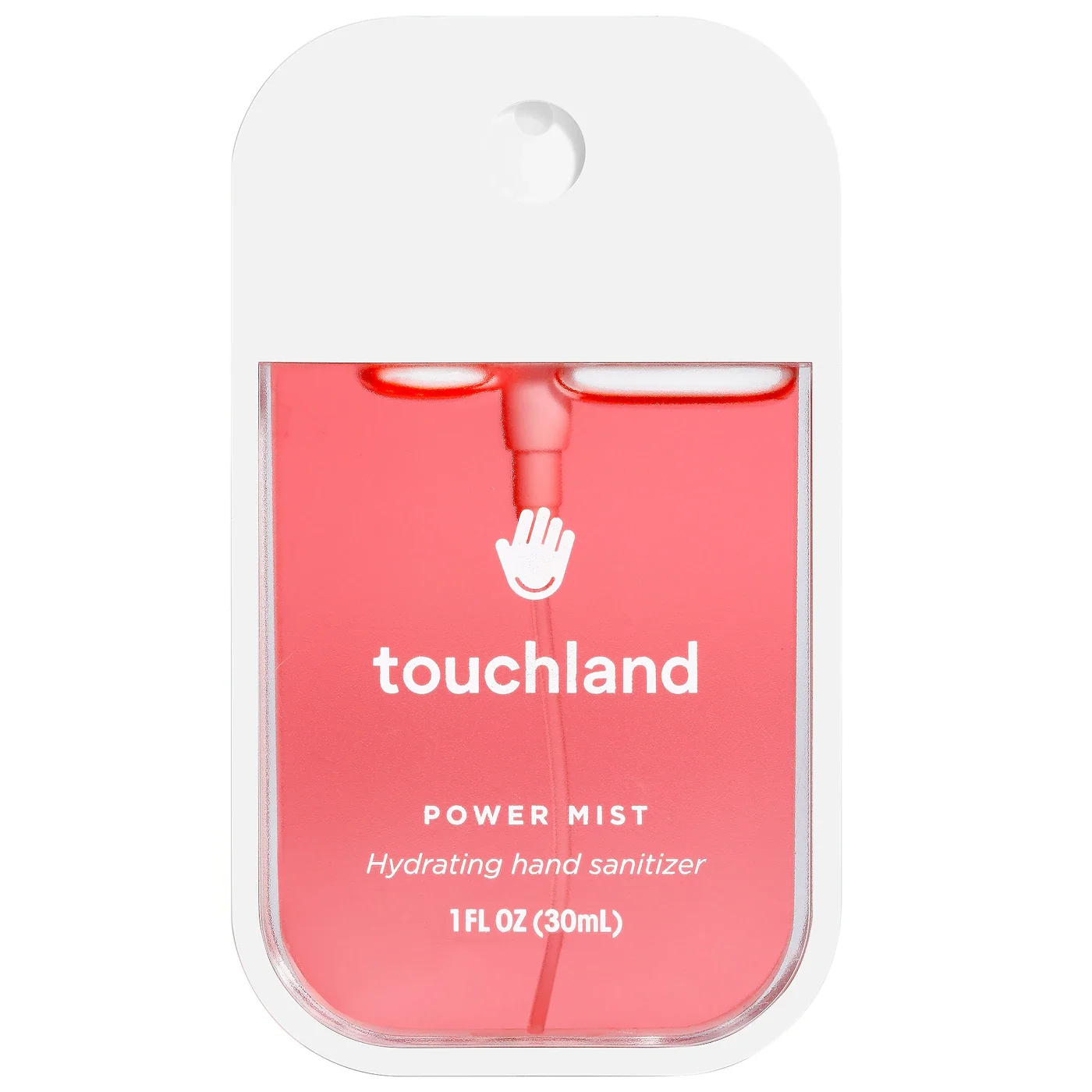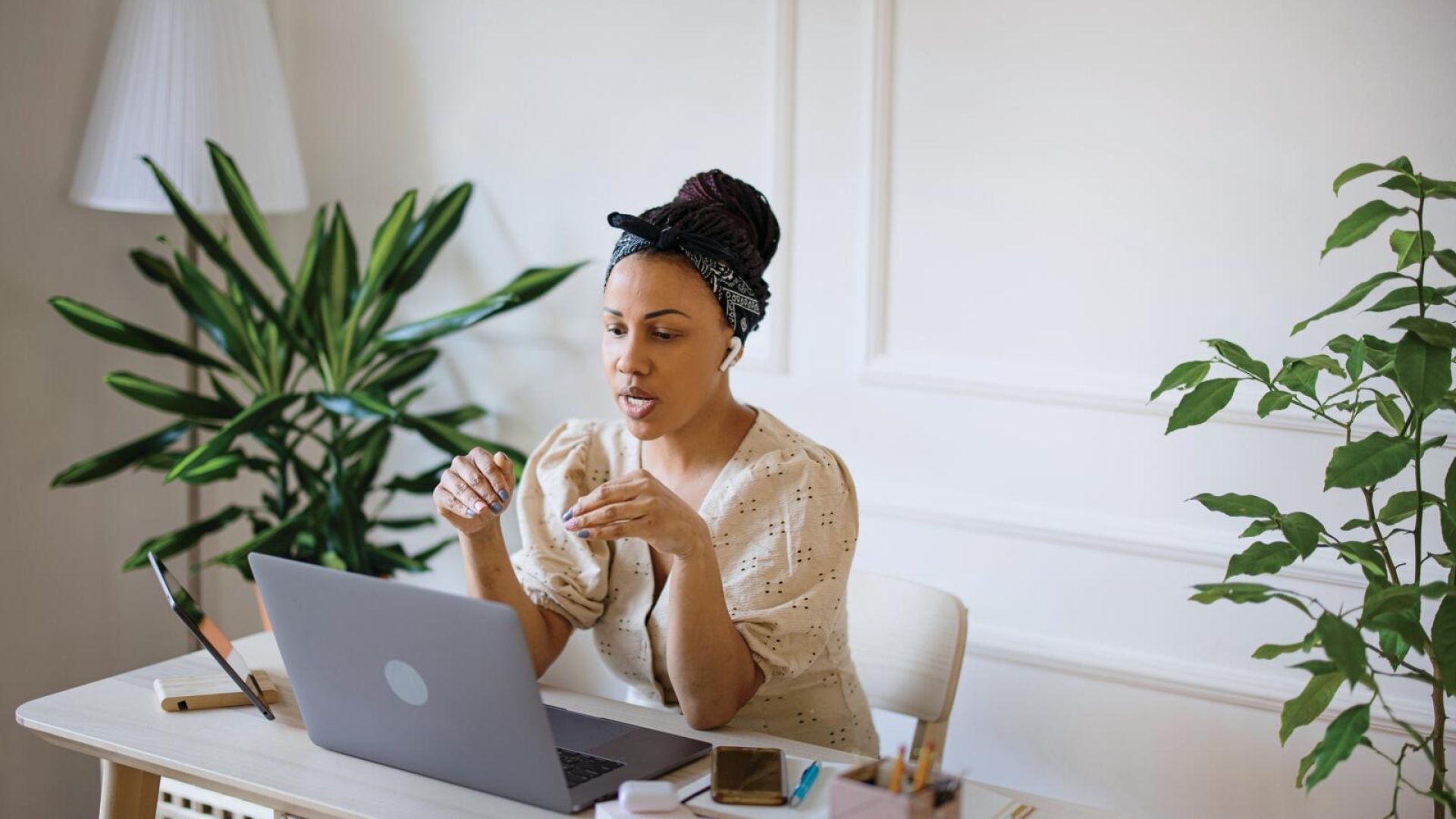
Beyoncé’s internet strikes again. We have another debate heating up about who should pay for what, as if we don’t have countless numbers of those conversations floating around already. This time, a man on TikTok shared a story about a woman he’s dating and getting to know who didn’t want to pay for a $20 meal he asked her to buy on her way to his place. She said if he, instead, paid for it, then she would pick it up. When he asked if the only way she would get food for him is if he bought it, he claims she said yes.
“If I pay for it–it puts me in my masculine energy,” the woman in question allegedly told him. I won’t determine whether this is right or wrong because it doesn’t matter. I’ll get to why later.
I was also sent a TikTok recently about a woman who had a birthday dinner with her man and girlfriends. When the $700 bill came, the birthday girl’s friends expected her man to pay. Then, there was the oyster date tale in October about the woman who ordered 48 oysters on a first date and got left with the bill. Who remembers the Cheesecake factory spectacle that also went viral in October? A woman refused to go on the date because the Cheesecake Factory was, in her opinion, beneath her.
I won’t keep citing examples because I can bet you’ve also seen some variation of these conversations floating around. Hopefully, you are as tired as I am.
It is 2024, and in the spirit of turning over a new leaf and growing, can we please stop having these amateur conversations about who pays for what? Kevin Samuels has transitioned, but his legacy of misogynistic dating principles and divisive stereotypes lives on. We are still debating about the high-value and low-value men and women and it’s getting worse and worse.
The conversations are deteriorating our brain cells one blog comment at a time, and despite all the debating, we are learning very little. Debating online about dating issues is redundant for so many reasons, the main one being that there isn’t a one-size-fits-all way to do things. Dating is about finding someone with whom you’re compatible. Compatibility is about shared values, a conjoint vision, and similar ideas about co-creating a life.
Of course, liking each other is the bare minimum.
Since everyone has different values and views about life, how could there possibly be a single way to do things, whether paying for meals, going 50/50, or whatever else we can’t stop debating? The goal is to find someone whose beliefs align with yours and leave the ones whose values don’t in peace.
The issue I think we have is that most people don’t even know their personal values. When I get to know people–on both a romantic and platonic basis–one of the first things I aim to discover is their top three values. It’s telling how many people look puzzled or struggle to answer the question, which leads me to think about how we end these baseless debates. One thing that could be our salvation is spending time dating ourselves.
This year, I would like to see more people date themselves–both men and women. I’m not talking about taking yourself to the movies or a solo spa date but more about learning who you are and your values. To know your values, you need to know yourself. And no, not the social media identity you put on every time you log on. Not the facade you wear because you’re too afraid of what you’ll lose if you show up in the world as yourself.
It takes dates like journaling until your pen runs out of ink, screaming in the dark, and then interrogating your pain when the dust finally settles. Explore every relationship you’ve been in and what core needs you were trying to meet, and learn how to meet your needs first.







Dating yourself is about uncovering your joy and turning yourself inside and out.
When we get good at dating ourselves this way, we can understand why we care so much about who pays the bills and whether that value is rooted in trauma or a core value that healthily embodies who we are. Do you not want to do 50/50 because you grew up watching your mother struggle her way through a financial desert while your father watched or because after investigating your financial trauma and healing it, 50/50 doesn’t align with who you are?
When we know who we are and what we are rooted in, we also will feel less compelled to judge other people’s values and choices regarding dating or anything else. Maybe when we stop trying to get to know people without first getting to know ourselves, we can find the wholesome love we are all searching for.







